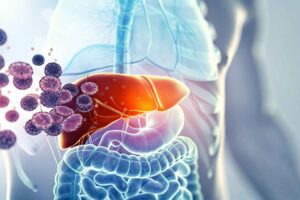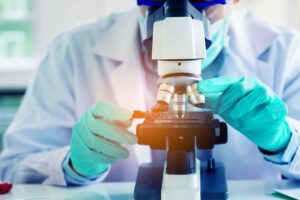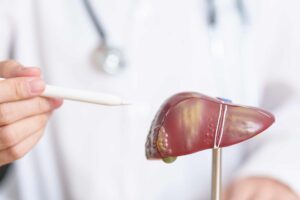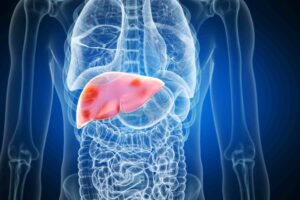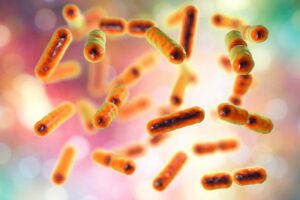liver
Gastroenterology
Fungal metabolites such as FF-C1 may offer a new therapeutic approach for treating MAFLD and related conditions.
Gastroenterology, Video
Professor Maria Rescigno explores the critical role of the gut microbiota in maintaining intestinal barrier integrity and its implications for health.
Gastroenterology, Industry
New microbiome based therapy demonstrates safety and potential benefits for liver cirrhosis and mental health.
Gastroenterology, Scientific research
The findings of a recent study suggest that combining dietary fiber with B. acidifaciens can be a therapeutic strategy for alcoholic liver disease.
Gastroenterology, Events
Satish Chandran, President and Chief Executive Officer at Prodigy Biotech, Inc., details the company's program aimed at treating alcoholic liver disease, spotlighting Enterococcus faecalis as the primary antagonist.
Gastroenterology
The findings suggest that microbial metabolites can help to predict who is at increased risk of infection after liver transplant. The results may also help to inform microbiota-targeted therapies.
Oncology
The findings of a recent study suggest that modulating the gut microbiota in people with liver cancer can improve their health outcomes after surgery.
Gastroenterology
The findings of a recent study suggest that resistant-starch supplements can alter the gut microbiota in ways that alleviate NAFLD.
Gastroenterology
Scientists identified a bacterium, Bacteroides xylanisolvens, that reduced gut nicotine concentrations in mice exposed to nicotine as well as the severity of NAFLD.
Gastroenterology
The findings of a new research suggest that, in some people, microbial ethanol can contribute to the development of NAFLD.
